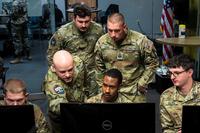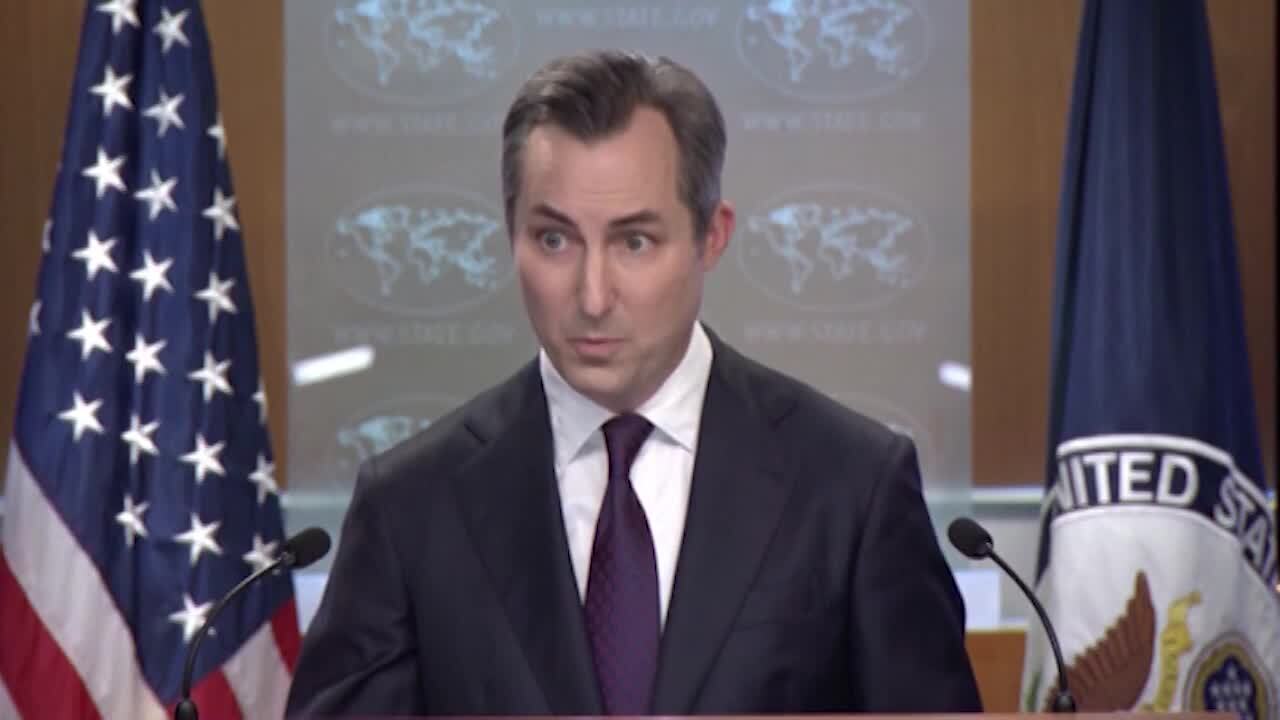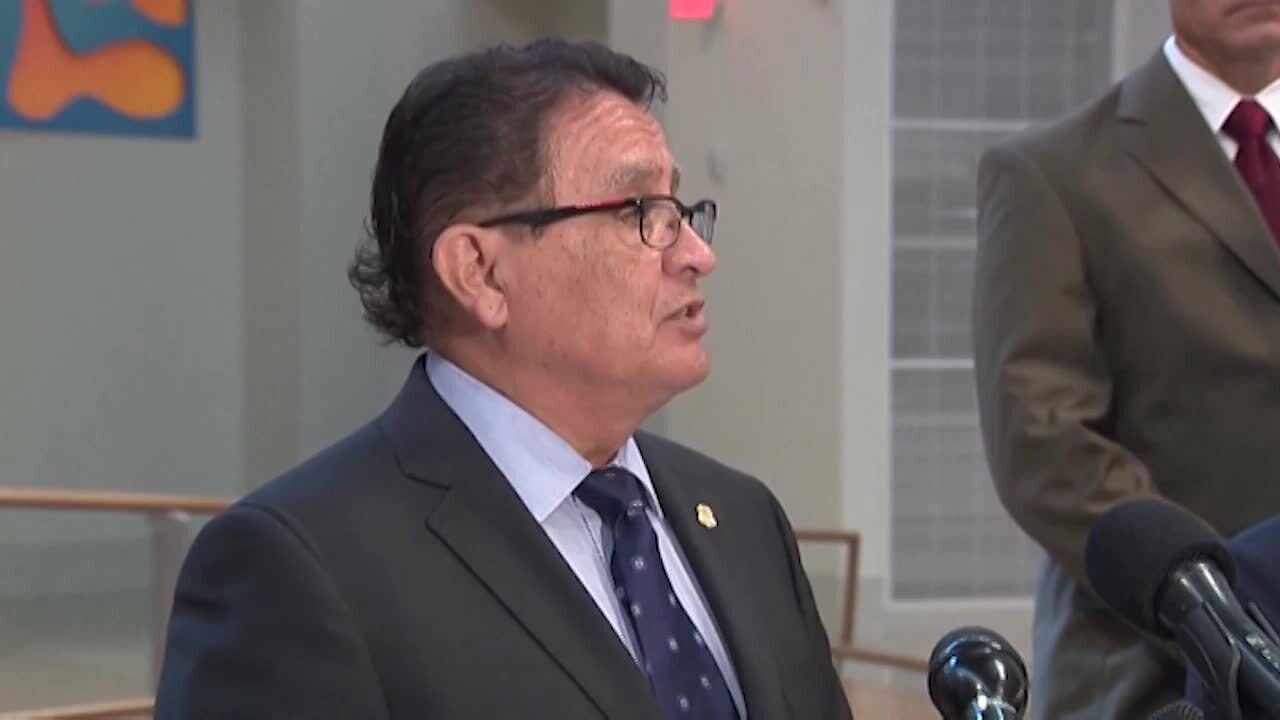Plans to find and recover remains of fallen American troops from past wars could come to a grinding halt if sequestration cuts take effect on March according to a DoD official.
Johnie Webb Jr., the deputy commander of the Joint POW/MIA Accounting Command at Hickham Air Force Base, Hawaii, told an American Legion crowd Monday that the announced strategy of meeting mandatory cuts by furloughing civilian workers will make it impossible for JPAC’s experts to complete recovery missions.
“Sequester says that civilians have to take two furlough days a pay period. A pay period is two weeks,” Webb said. “[But] you can’t be deployed and be on furlough. All of our operations run a minimum of 30 days. If we can’t get an exception to that [sequester] policy – and let those civilian scientists and others deploy and take a string of successive days when they get back – we won’t be able to do any recoveries, and only limited investigations” of recovery sites.
Webb said JPAC’s work already has been slowed because of the long drawn out budget impasse that has forced the government to operate through continuing resolutions. Under a continuing resolution, federal agencies see no increase in their budgets, but fall back to the prior year’s levels. JPAC now operates with about $100 million a year, but had been anticipating an increase of about $19 million in fiscal 2013, Webb said.
That has already resulted in JPAC deciding to go ahead with only the recovery of remains in Vietnam this year, but not deploy inspectors to potential recovery sites.
JPAC estimates there are about 253 Americans missing in Vietnam. It has a list of about 180 possible recovery sites.
U.S. budget issues are not the only problems that JPAC has been facing. In Cambodia, financial irregularities involving some of that country’s military have stalled JPAC plans for recoveries at three locations while the North Koreans broke off a recovery plan over North/South politics.
Webb offered no details on the problem that sparked a Cambodia recovery delay beyond saying there were “issues that arose in the way payments were being made and money was being paid to some Cambodia[n] military officials.”
The several months’ delay is costing more than time. One of the recovery sites is under water, and neither of the two dive teams available to JPAC may be available by the time of the rescheduled recoveries.
“We’re still trying to work that but unfortunately may lose that dive team and so possibly be restricted to only doing the ground recovery operations,” he said.
In North Korea, where more than 4,800 Americans are believed to be missing, investigation and recovery efforts ran up against politics.
JPAC officials were in China to pick up travel visas to North Korea in 2011 when the North Koreans changed their mind because the U.S. and South Korea were conducting regularly scheduled military exercises. Webb said the North Koreans kept delaying the visits, but after the dictatorial country test fired a missile in early 2012, “it was clear that the [JPAC] operation was not going” to happen, Webb said.
JPAC now has some 30 SUVs, two trucks and gear for an investigation and recovery encampment stored in South Korea, waiting for the chance to go into the North.


























